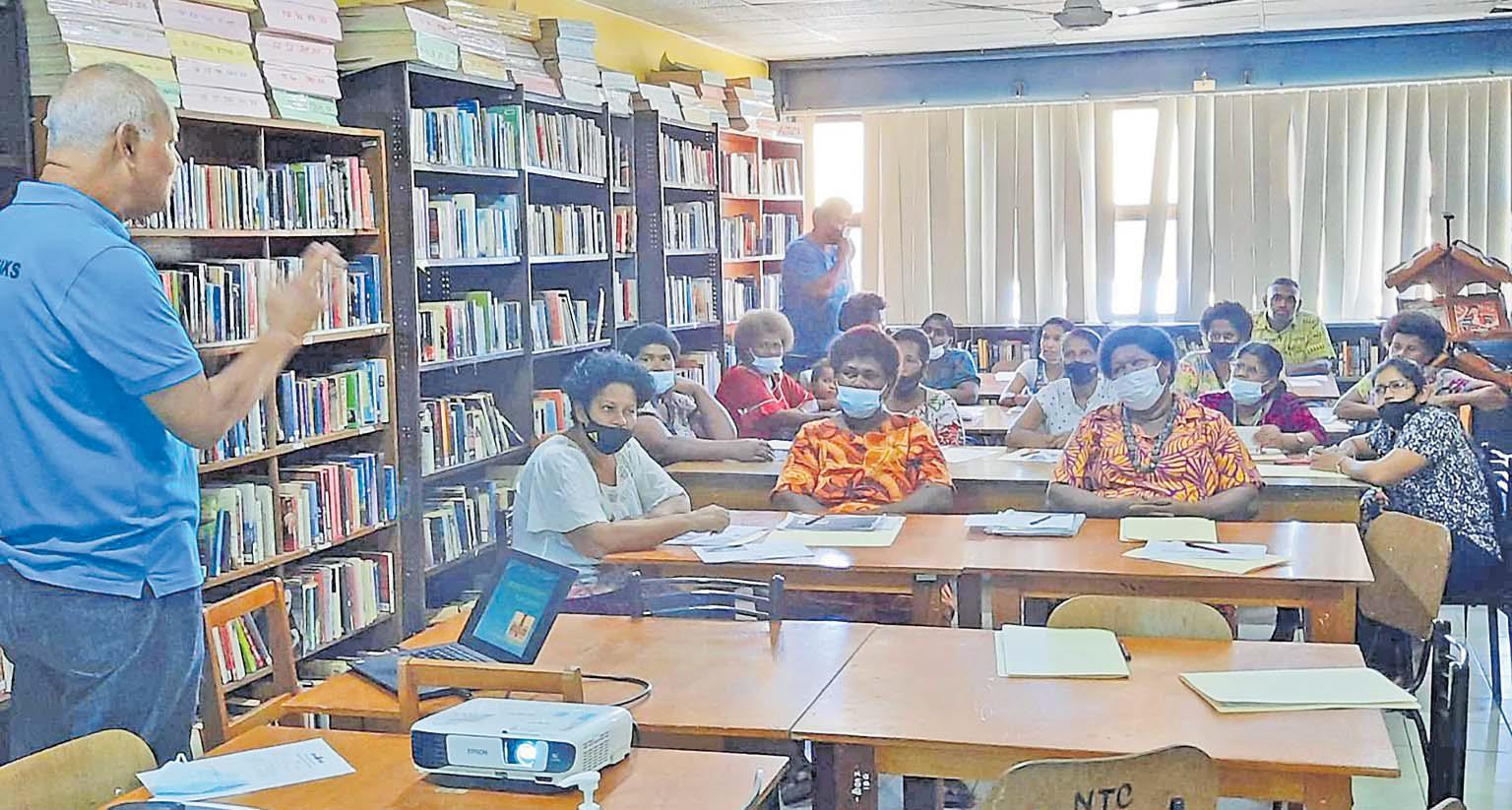Cyclones, floods, fire and tsunamis are just a few natural disasters that happen around the world today.
When such disasters occur, individual lives are affected with homes and personal belongings destroyed.
Another major impact these natural disasters have are on businesses. Just like individuals, businesses are affected psychically and financially.
This is because businesses tend to close for a number of days when such disasters occur, which results in a loss of income for all affected businesses.
At times buildings are affected or destroyed leaving those businesses to suffer with the cost of renovating damaged property and equipment, as well as indirect expenses from loss of revenue.
This is where a business continuity plan plays a crucial role.
A business continuity plan (BCP) creates a system that helps a business to recover from any potential threats or disasters.
The importance of having such a plan is to ensure:
· Your business will be more prepared to handle the unexpected.
· Your business will have safeguards in place (in addition to insurance).
· Your business will have a plan to continue providing acceptable service after the disaster.
In previous years, small companies were not considered when it came to having a business continuity plan while bigger companies benefited in the event of a natural disaster or sudden lockdown.
Over the years the most vulnerable businesses are the MSMEs (micro, small, and medium enterprises) and their need to have such back up plans for their businesses.
The direct and indirect impact a disaster has on market vendors are devastating as most of their produce are ruined due to flooding and unlike larger companies the financial burden weighs more on them.
The Nadi and Rakiraki town market vendors were amongst those that were affected by the recent flood and the relevancy to conduct such training is vital in maintaining resiliency in responding to any form of natural disaster.
Therefore, in partnership with the International Labour Organization and USAID Climate Ready, the Fiji Commerce & Employers Federation conducted two, one day Business Continuity Plan (BCP) Trainings.
One of these trainings was conducted in Nadi Town on Thursday February 17 and the other was conducted in Rakiraki Town on February 21, 2022.
A total of 22 market vendor representatives attended the training based in Nadi Town on Thursday, February 17, 2022 and 20 market vendor representatives attended the training based in Rakiraki town on Monday, February 21, 2022.
Most of the market vendors did not have back up plans or were not aware that they could continue their business even if a disaster struck.
Having a business continuity plan enabled market vendors to think of ways that they can continue their business and allow their customers access to fresh produce even after a disaster occurred.
The training in Nadi town was facilitated by the Fiji Commerce & Employers Federation chief executive officer Kameli Batiweti who presented on the 12 critical steps to build an effective business continuity plan.
Kameli was ably supported by his two colleagues, Fiona Uagunu and Debbie Whippy who also facilitated the training in Rakiraki Town.
The business continuity plan training allowed the participants to come out of their comfort zones and to consider ways to put in place a plan that would help them sustain their business in case something catastrophic happens or a natural disaster occurs.
The market vendors were thankful that such training was conducted for them as they now know what they can do if their business were to be affected and what can be done to continue their business even if a disaster struck.
The market vendors were strongly advised to make copies of their plan and keep or save their plan in a safe place where it can easily be retrieved if a disaster occurred.
The Nadi Market Vendors Association representative, Adi Bale said, “this training is very important to us because it shows us that if flooding happens, we can still continue doing business from our alternative location and that we need to have more trainings and workshops like this regularly.”
A Rakiraki Market vendor also mentioned that the training was very useful as it really helped them understand and to come up with their very own business continuity plan.
The Fiji Commerce and Employers Federation are thankful to both the Nadi and the Rakiraki Town for their support in allowing FCEF to conduct the business continuity plan training to their various market vendors.
- Debbie Whippy is the training co-ordinator at FCEF. The views expressed in this article are her own.






